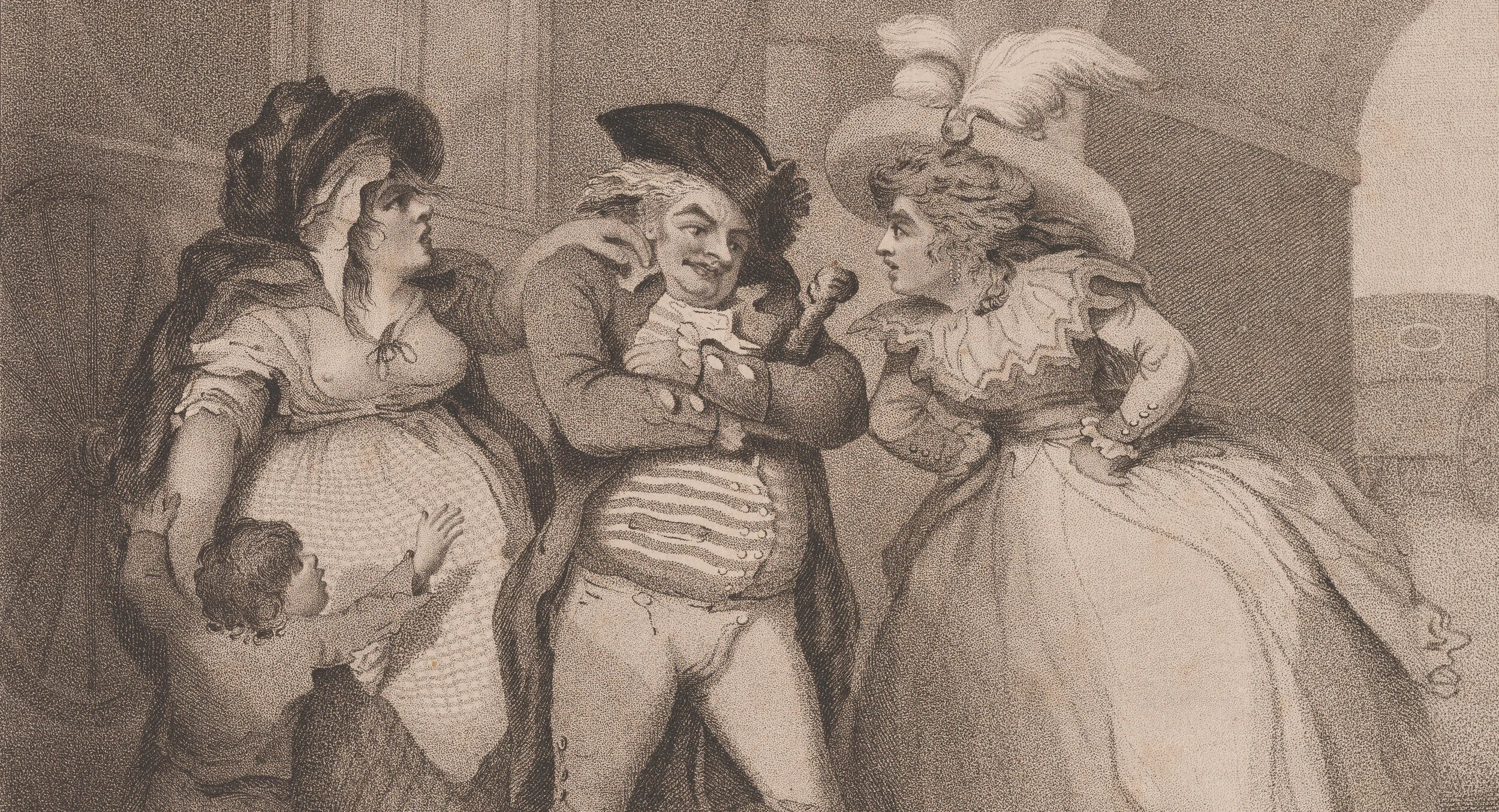Author: David Wilber
Feelings are important and shouldn't be dismissed. But we must not be led by our feelings. We cannot assume that our feelings reflect the complete truth of any situation. Our feelings reflect only how we interpret the truth of the situation. New information or another perspective often leads to a different interpretation.
Consider the story of Balaam’s donkey. Balaam was riding his donkey, but the donkey kept turning from the path and eventually crushed Balaam’s foot against a wall. Balaam's immediate emotional reaction was to beat his donkey. Why? Because Balaam felt like his donkey was just trying to make him feel foolish:
Then the Lord opened the mouth of the donkey, and she said to Balaam, "What have I done to you, that you have struck me these three times?" And Balaam said to the donkey, "Because you have made a fool of me. I wish I had a sword in my hand, for then I would kill you." (Numbers 22:28-29)
Balaam felt foolish and reacted to this situation by beating and cursing his donkey. But his donkey wasn't trying to make Balaam feel foolish. In reality, the donkey was saving Balaam's life because the Angel of the Lord was going to kill him:
And the angel of the Lord said to him, "Why have you struck your donkey these three times? Behold, I have come out to oppose you because your way is perverse before me. The donkey saw me and turned aside before me these three times. If she had not turned aside from me, surely just now I would have killed you and let her live." (Numbers 22:32-33)
Based on the information Balaam had before he noticed the Angel of the Lord, his feelings were understandable. However, his actions—that is, beating his donkey—were not a good example of how we should handle our feelings. After all, Balaam knew his donkey his entire life (verse 30). He should have known better to at least stop, take a deep breath, and look around before immediately reacting out of hurt and anger. Balaam eventually found out what was actually going on, which helped to address his feelings about his donkey’s behavior … but it was only after he had already reacted in a hurtful way.
How often have you reacted from your hurt feelings, which led you to do or say something you later regretted? Like Balaam, how often have you lashed out at people who were simply trying to warn you about going down a destructive path? How often have you cursed those who care about you and severed relationships because people offended you?
Again, we shouldn't dismiss our feelings. But the fruit of the Spirit includes self-control. Unlike Balaam, we must not immediately assume that we have all the facts or that we know someone's true motives. We must avoid reacting to a situation by saying or doing something hurtful. We must lead our feelings rather than letting our feelings lead us.
In addition to not reacting in a hurtful way, we should consider that our friends who are willing to offend us are trying to help us out of love and concern. King David said, "Let a righteous man strike me—it is a kindness; let him rebuke me—it is oil for me head; let my head not refuse it" (Psalm 141:5). A true friend is willing to rebuke you. You might think they're being a complete jerk in the moment, but sometimes God speaks through a "donkey." Be humble. Instead of getting offended and pushing them out of your life, maybe try listening to what they have to say.
About David Wilber
David is first and foremost a passionate follower of Yeshua the Messiah. He is also a writer, speaker, and teacher.
In addition to his book, A Christian Guide to the Biblical Feasts, David has written several theological and devotional articles available on various Messianic and Christian websites...
































